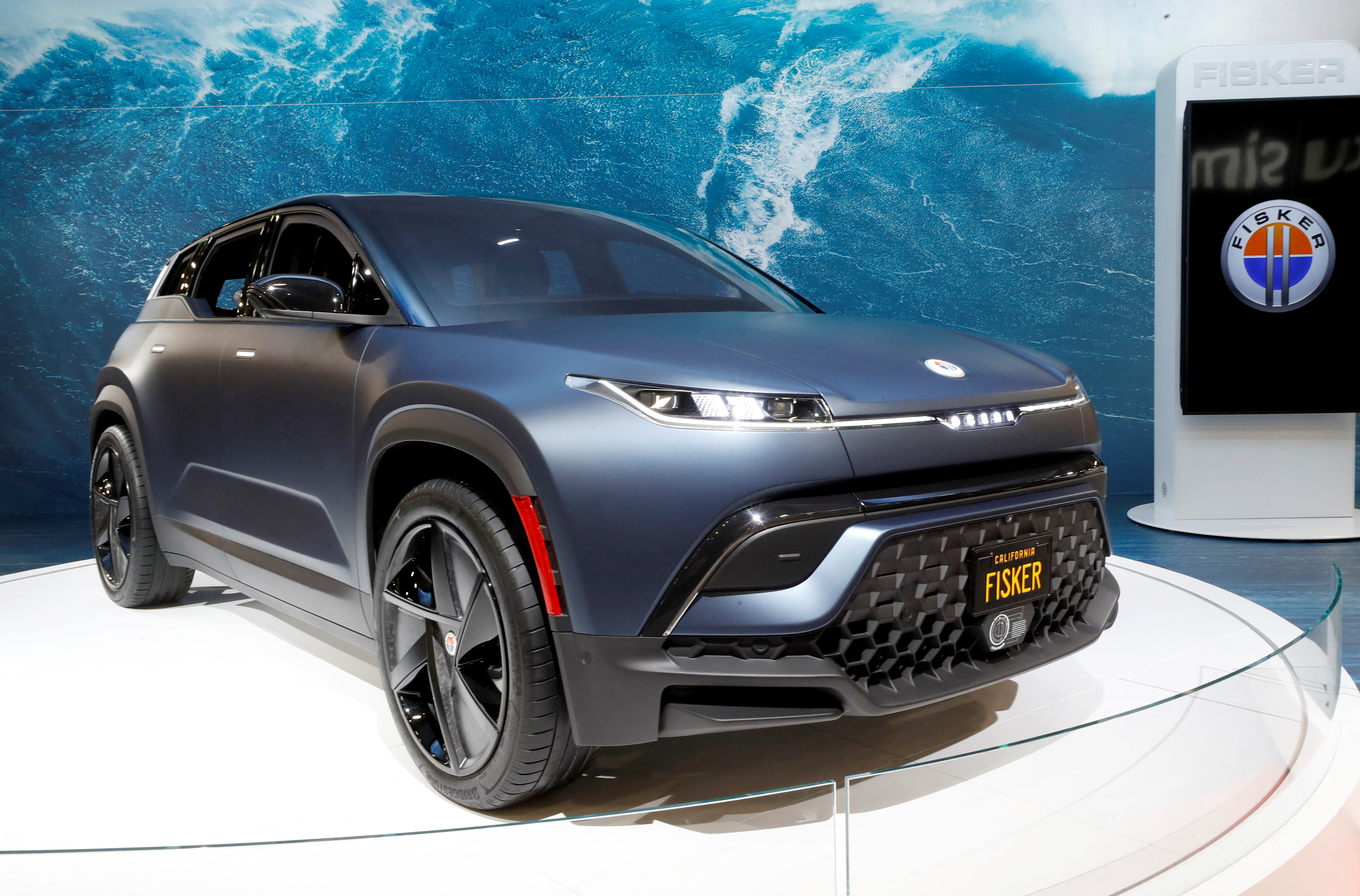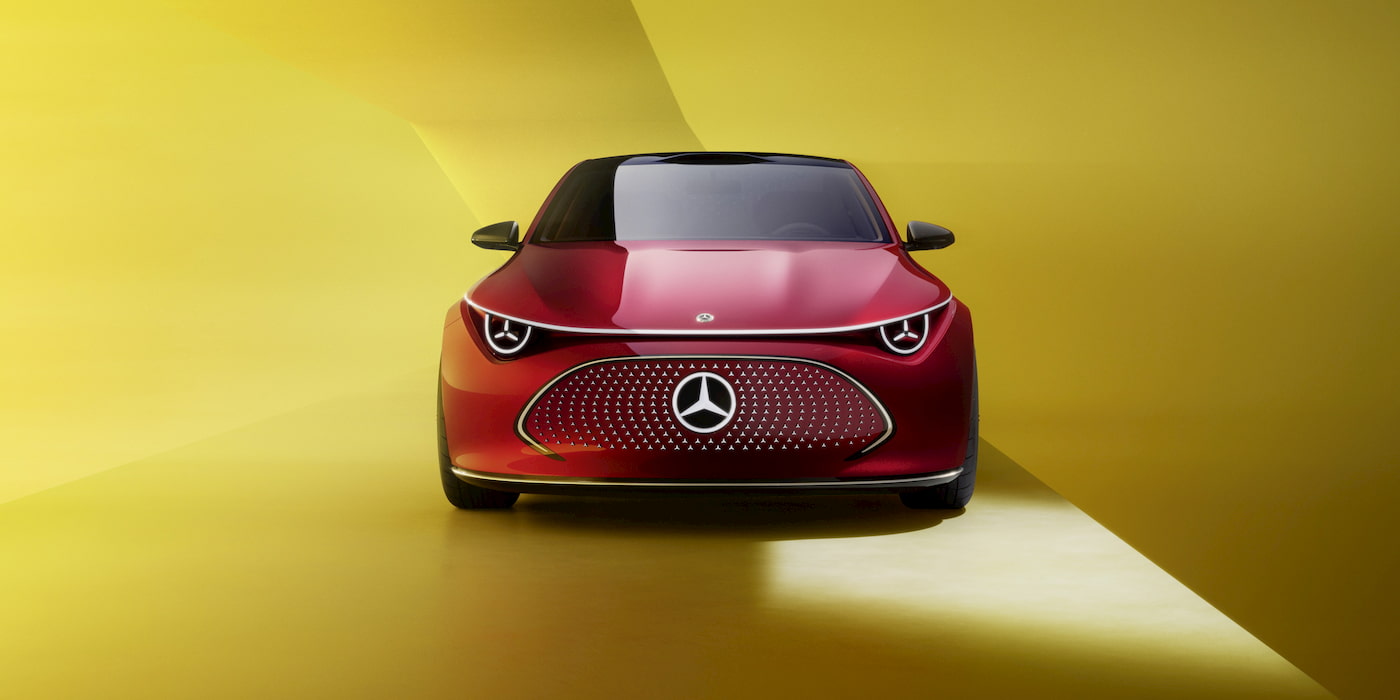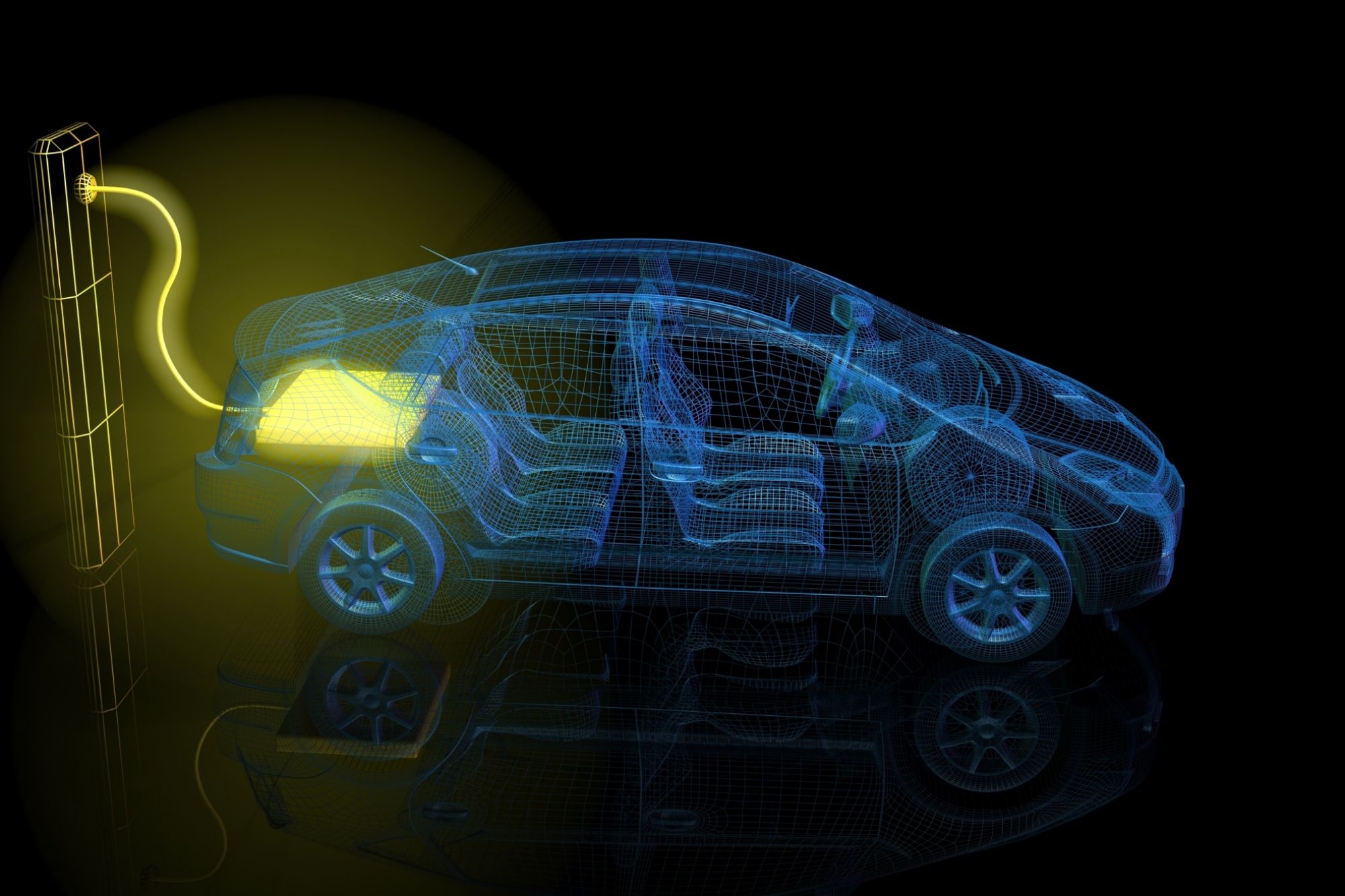As exotic as a toucan in a penguin parade, electric vehicles (EVs) are increasingly reshaping our mobility ecosystem, powered by a fusion of once-rivals: tech giants and automakers. From Silicon Valley visionaries to Detroit’s seasoned stalwarts, these unlikely comrades are recharging not just vehicles, but the way we think about transportation. In this report, we explore the cross-pollination of tech prowess and automotive acumen to observe how these collaborations are driving the EV industry into uncharted territory. So, fasten your seatbelts – the ride ahead is electrifying.
Understanding Collaborative Innovations

Today’s unprecedented era of technological collaboration is increasingly being seen as a strategic game-changer in the realm of electric vehicles (EV). This phenomenon, dubbed “collaborative innovation,” is swiftly reshaping how tech companies and EV manufacturers design, produce, distribute, and market their products.
To navigate the terrain towards understanding collaborative innovations, we must first establish what it exactly means. In the simplest terms, collaborative innovation refers to stakeholders working in unison rather than in silos, with a mission to co-create and benefit from a range of inspirational and strategic ideas. In the context of our discussion, it involves tech companies and EV manufacturers teaming up to capitalize on their respective strengths and expertise.
Tech companies, such as those specializing in software development, hardware manufacturing, or artificial intelligence, bring their expertise in rapidly evolving digital technologies. Simultaneously, EV makers contribute with their intimate knowledge of vehicle design, performance requirements, market trends and consumer demands. The merger of these diverse fields results in EV products that are more technologically advanced, sustainable, and in tune with the ever-evolving consumer’s needs.
Moreover, the collaborative innovation model inherently fosters a culture of shared objectives and mutual trust. It’s about seeing the bigger picture, aiming for results which wouldn’t be possible working in isolation. Through this inter-organizational cooperation, both tech companies and EV makers are able to navigate complex technological challenges, share risks and costs, enhance learning, and expedite time-to-market of new solutions.
Key to this collaborative process is open communication, an aspect that extends beyond just the sharing of ideas. It involves unrestricted exchange of critical information, mutual learning, feedback, and iterative development which together drive the success of these partnerships.
It’s also worth noting that collaborative innovation is not one-size-fits-all. Some alliances focus on co-developing a specific product or feature, while others may aim for a broader strategic partnership, working on a series of projects together.
In essence, collaborative innovation allows tech companies and EV manufacturers to explore new horizons, experiment with disruptive ideas, and leveraging each other’s knowledge and skillsets to create next-generation EV technology – All while sharing the journey and subsequent rewards. This dance of collaboration isn’t just remolding the EV industry landscape but setting the stage for how businesses may collaborate to drive innovation in the future.
Noteworthy Partnerships Between Tech Companies and EV Makers

In a world where boundaries are continually blurring, technological firepower meets transportation as tech companies and electric vehicle (EV) manufacturers forge strategic alliances. Let’s travel through some of these noteworthy partnerships that blend innovation and practicality.
You can’t begin this journey without first talking about the Apple and Tesla power duo. Though much of their partnership is shrouded in whispers and conjecture, it’s no secret that Apple’s cutting-edge technology and Tesla’s design prowess could create a formidable lynchpin.
Skating towards self-driving technology, many eyes are turned to Waymo’s alliance with Jaguar. Waymo, a subsidiary of Alphabet Inc. (Google’s parent company), has carved a niche for itself in the autonomous driving space. Jaguar’s EVs, on the other hand, offer an enthralling blend of elegance and power. This partnership is all set to redefine limits with the development of a fully autonomous, all-electric car.
The AMD and Tesla convergence is another one worth watching in the microscopic level. AMD, a leading technology company specializing in high-performance computing, has teamed up with Tesla to create advanced AI-based infotainment systems, injecting a brainy twist into Tesla’s cars.
Last but far from least, is BlackBerry’s collaboration with electric truck maker Canoo. Though BlackBerry doesn’t come to mind immediately when talking about electric vehicles, through its QNX subsidiary, it has crafted a critical place in many vehicles’ telematics systems. With Canoo, BlackBerry’s QNX technology is integrating into the digital cockpit of upcoming EVs to provide a more immersive driver experience.
In these diverse partnerships, common threads tie together—innovation, agility, and a shared vision to redefine transportation. Welcome to the future, right in the fast lane.
Impact and Benefits of these Partnerships

Fueling the electric car revolution, these collaborations are more than just a handshake between giants; they are strategic moves that can revolutionize not only the car industry, but also the tech industry. And the results are sparking fast-paced progress in both sectors. First off, it’s an opportunity for automotive manufacturers to tap into the finesse that tech companies bring along: think advanced programming skills to finetune electric drives, artificial intelligence expertise to push the boundaries of vehicular autonomy, or even big-data analytics to predict future trends and necessities. It’s like getting the Midas touch to transform traditional EVs into technologically enhanced marvels.
For tech companies, it’s a pathway into unchartered territories. Running free on these highways might allow a firm, predominantly known for its cloud services or social media platforms, to add ‘automotive innovation’ to its portfolio. The chance to invade dashboards and infotainment systems can also play a part in making these companies ubiquitous in our lives.
Beyond benefits to the entities involved, let’s not overlook the ripple effect on consumers and the market. The pace of innovation in the EV sector is primarily driven by the intense competition, and partnerships like these up the stakes even higher. To put it simply, the result is a win-win for customers. They get access to a wider range of high-tech, environmentally-friendly vehicles, often at a competitive price point. Interestingly, the blend of tech and carmaking can also result in unique user experiences – autonomous driving capabilities, app integrations, real-time data analytics; the list goes on.
From an environmental perspective, the benefits are noteworthy. As tech firms add their might to the quest for greener mobility, we can expect to see cleaner, more efficient EVs making their way to the roads. And, given many tech companies’ commitment to sustainable practices, this could lead to innovative solutions that contribute to both the longevity of the vehicle and the health of the planet.
Finally, the economic impact also can’t be understated. The vitality of these partnerships contributes significantly to job creation and economic growth. When tech giants and automakers pour resources into EV innovation, they are investing in a brighter, more sustainable future. As they say, there’s no progress without the risk of innovation. And to risk in this manner requires confidence, vision, and the audacity to invent the wheel – pun intended.
Innovation Driven by these Collaborations

These collaborations go beyond simply signing a contract and sharing a workspace; they’re about cultivating a symbiotic relationship that drives innovation in both sectors. Let’s bring this into perspective. Tech companies thrive on novelty, pushing the boundaries of what is possible with artificial intelligence, advanced sensors, and ground-breaking algorithms. Conversely, electric vehicle (EV) makers focus on efficient and sustainable transportation, around which safety, speed and reliability become key factors.
When these two spheres collide, the result is remarkable. One might witness an electric vehicle that harnesses AI to optimize battery usage and increase mileage; or perhaps a smart charging system that’s driven by machine learning, predicting the best times to charge based on usage patterns and electricity rates.
These collaborations invite a hands-on learning experience for companies on both sides of the aisle. Tech companies, normally walled in by their silicon citadels, get to step into the realm of automotive manufacturing, learning the nuances and challenges faced in developing EVs. Meanwhile, EV manufacturers benefit from exposure to high-speed technological development.
But this innovation isn’t defined strictly by product developments. It also reshapes processes and workflows, enhancing efficiency and reducing resource waste. For instance, the integration of digital twins in the manufacturing pipeline, a concept borrowed from the tech field, allows for predicting and mitigifying car component failures long before they happen in the real world.
By fostering this cross-pollination of ideas, tech companies and EV makers have created a veritable symbiosis – a relation of mutual benefit. The objective is not just to design a cool product, but also to change the way we think about transportation and technology, making our roads safer, our drives smoother, and our planet greener. This visionary thinking, it seems, is the true innovation driven by these collaborations.
Future Outlook

As we peer down the road of the future, these partnerships signal a shift in the automotive industry, one that is clearly setting the stage for greener, smarter, and more user-friendly vehicles. The collaboration between tech companies and electric vehicle manufacturers will continue to usher major transformations in the way we approach mobility.
In what one can now clearly see as a technological renaissance, electric vehicles will not just be boxes with wheels made for transportation, but transmobile workplaces, entertainment hubs and connected platforms in their own right. Such automakers will begin to consider themselves not just as car manufacturers, but mobility solutions providers. We already see tech companies working on software that will provide the brains for the brawn of EVs. Looking ahead, these partnerships are poised to make autonomous driving a standard feature and not a luxury perk.
The advancements won’t stop there. As tech developers further delve into the realm of machine learning and AI, we see glimpses of future where EVs are intertwined with everyday lives to a degree never before imagined. Notably, the line between tech company and automaker will become increasingly blurry as collaboration deepens. We might very well witness automotive companies evolving into tech companies, and vice versa.
This trend of collaboration between EV makers and tech companies leaves us anticipating a future that’s less about combustion engines, fuel efficiency, horsepower, or traditional car metrics. Instead, we’ll see emphasis on digital integration, intelligent systems, green energy, and cutting-edge technology.
Nonetheless, challenges are inevitable. Overcoming regulatory concerns, infrastructure establishment and ensuring data security will be significant aspects to address. These collaborative efforts also mandate a careful balancing act between entrepreneurship and corporate culture.
All said, these evolving partnerships, bridging the gap between Detroit and Silicon Valley, are giving us a fascinating glimpse into tomorrow’s driving experience. As we fasten our seatbelts and brace ourselves, one thing is certain: we are cruising into a future that is electrified, digital, connected, and sustainable.
FAQs
What is collaborative innovation in the tech industry?
Why should tech companies partner with EV makers?
What benefits arise from tech companies and EV makers collaboration?
Conclusion
In the fast-paced world of technology and EVs, collaborations prove to be the game changer. These partnerships create a melting pot of innovation, pushing boundaries for advancements and efficiency. They underscore the essential truth that the real power lies in combining diverse strengths. As tech companies and EV makers continue joining forces, we can look forward to smarter, cleaner, and more efficient transportation that also carries the potential to revolutionize other sectors. The journey towards sustainable future mobility, it seems, is best travelled together.
